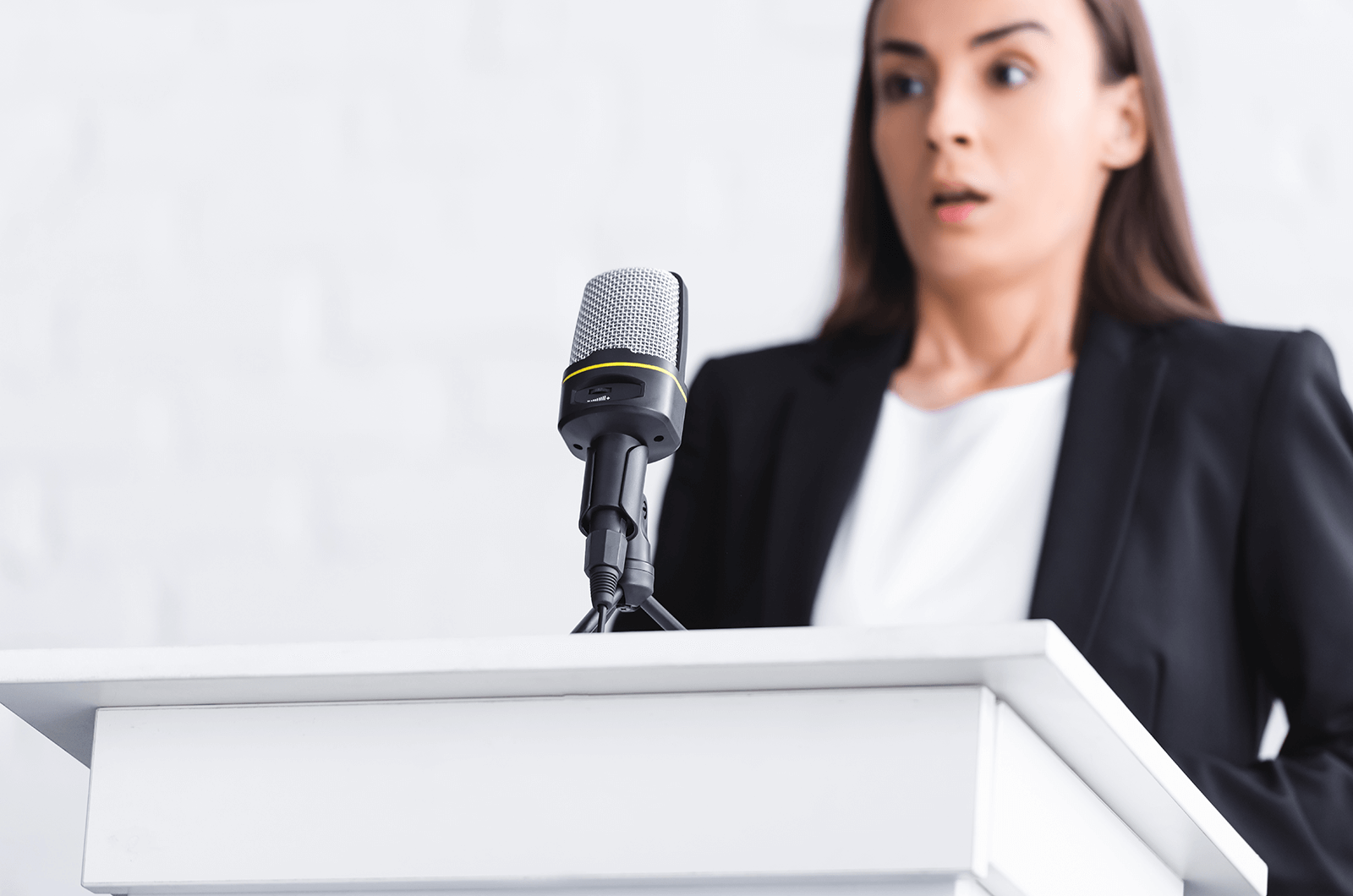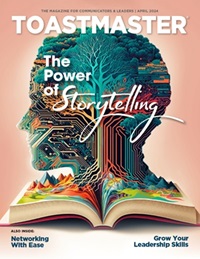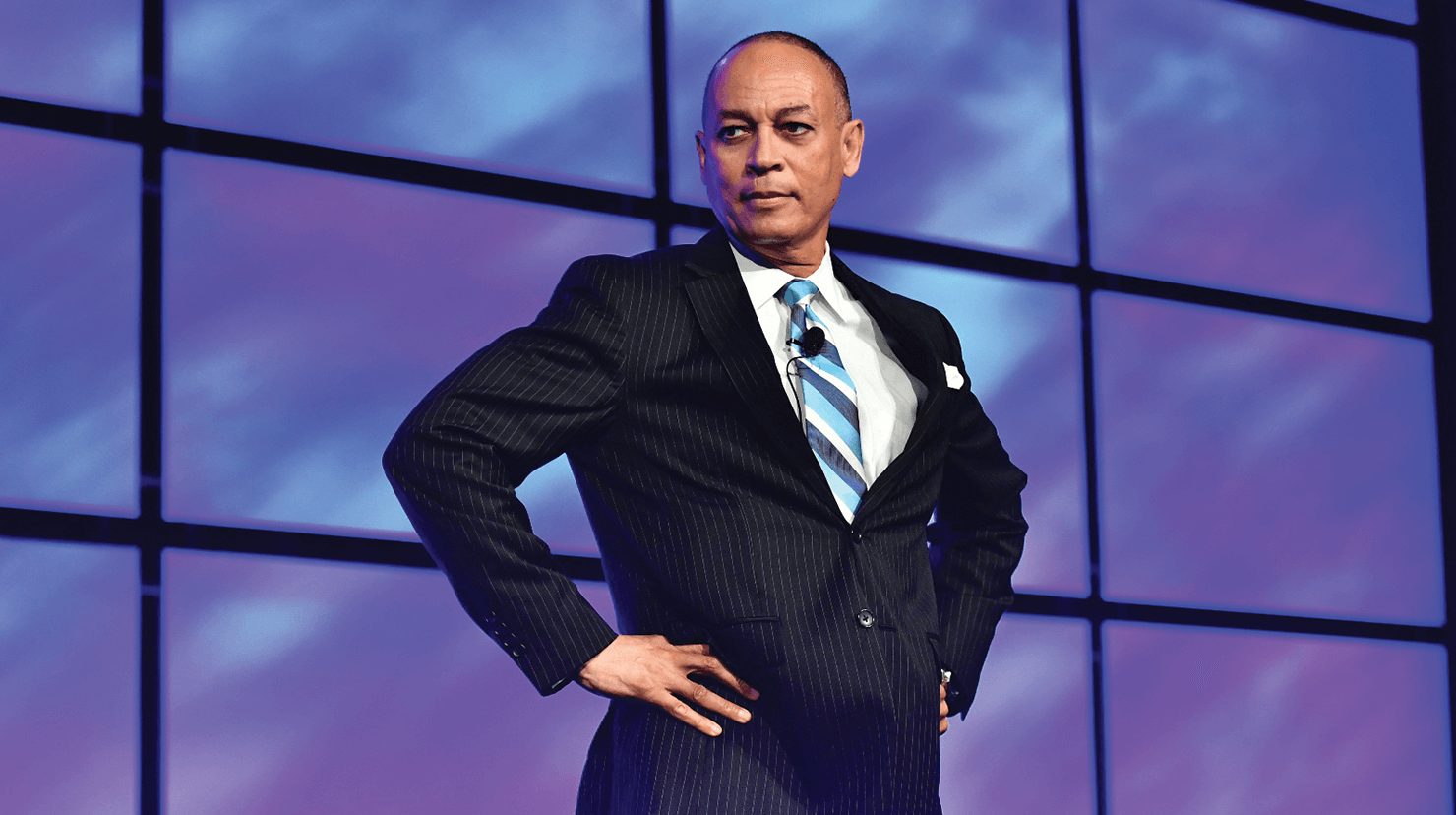
Although the worst mistake I ever made occurred nearly 25 years ago, it feels like yesterday. Somehow I edited a book under a tight deadline and managed to inadvertently indicate that it was okay to put acid into one’s eyes. An ophthalmologist complained, and the books had to be pulled. The publishing company I worked for was lucky that no one got hurt. I was lucky I didn’t lose my job.
The story has an interesting ending. Rather than berate me, my boss told me the worst mistake he ever made. As a young journalist, he was told to deliver sensitive material to an editor across town. (This was before the days of email or faxes.) He handed the man just one document, totally missing the second piece of paper in the envelope, which he promptly discarded. Oops!
Let’s face it: Mistakes happen to everyone. The 18th century English poet Alexander Pope wrote, “To err is human; to forgive, divine.” This reminds us that forgiveness is a good response to a mistake. So is learning from it.
Emily Harris, a member of Woman 2 Woman Toastmasters in Pittsburgh, Pennsylvania, saw the importance of both forgiveness and learning from mistakes at a recent online club meeting.
“One of the members was washing dishes in her kitchen when the meeting began,” she says. “I typed a private message in the chat box: ‘Please mute yourself.’ She did. Then she typed an apology to everyone for making the mistake of washing her dishes with the microphone on. I typed back to everyone, ‘We’re all learning this virtual technology together. It’s harder than it looks. We aren’t used to being on camera in our homes.’ And that was that. It never happened again.”
“Toastmasters is our gym: It’s where we come to practice, to make mistakes, to stay curious.”
—Chana Gittle Deray, DTMPeople who make mistakes don’t need to be told in great detail, least of all by themselves, what they did wrong. Angelika Kofler, Ph.D., a social psychologist and certified life coach in Vienna, Austria, says such a process is counterproductive.
“Where does it get you?” she asks. “Just more of the same. It’s better to focus on what the mistake or problem might be good for [in terms of growth], and then direct your gaze to possible solutions.”
By definition, a mistake is something we know isn’t right. We just need to learn how to not do it again. Along these lines, many Native Americans don’t punish their children for their misdeeds. Instead, they tell them stories, real or imagined, of the child who made a similar mistake and got hurt, or hurt someone else. That’s what my boss did. Now not only do I triple-check my work, but to this day, every time I open an envelope, I look to make sure there’s nothing else inside!
Too often we are so afraid of making a mistake that we don’t dare take a chance and try something new. A veteran Toastmaster I knew used to say, “Toastmasters is a great place to make mistakes.” Harris, the Toastmaster in Pennsylvania, says a founding member of her club (the dish washer in the earlier example), Chana Gittle Deray, DTM, emphasizes at almost every meeting that “Toastmasters is our gym: It’s where we come to practice, to make mistakes, to stay curious.”
Think about it. You are working with supportive individuals who are also learning, you are there to spread your wings, and you are not fiddling with nuclear materials. In other words—it’s a safe space!
Artists, in particular, tend to welcome mistakes, probably because they are naturally open to new things. “Forget your perfect offering,” wrote the famed Canadian poet and songwriter Leonard Cohen in his song “Anthem.” “There is a crack in everything. That’s how the light gets in.”
It’s not just artists who can benefit from missteps. Richard Jones, who runs a financial advisory business in Los Angeles, California, knows that mistakes can be a necessary byproduct of innovation.
“We’ve tried different portfolio strategies,” he says, “and some didn’t work well. But I’m glad we tried. We just had to recognize that we made a mistake, and change our course of action.”
If we try not to punish ourselves or anyone else for making an honest mistake, we will not only overcome it, we may also thrive.
Even Toastmasters World Champs have stories of painful slip-ups. When Ed Tate, the 2000 World Champion of Public Speaking, took the stage to deliver the keynote speech at the 2016 Toastmasters International Convention, he experienced every speaker’s worst fear: He blanked out, unable to remember his opening line. For seven long seconds, Tate’s memory failed him—and it was agonizing, he recalls.
But he took a few deep breaths, refocused, remembered the line, and went on to give a triumphant speech, earning a standing ovation and learning lessons that served him well going forward.
“So, yes, I forgot my opening line in front of over 2,000 people,” Tate wrote in the Toastmaster magazine earlier this year. “I didn’t die. It wasn’t fatal. In fact, forgetting my line had many positive unintended consequences that I never imagined.”
Manoj Vasudevan, the 2017 Toastmasters World Champ, also tells of an agonizing learning experience. Six years ago, he gave a presentation at a showcase event promoting Toastmasters. The Singaporean had given the same presentation before and the audience loved it—but this time he spoke in the last slot of an evening event and was greeted by a group that was visibly sluggish and disengaged, some audience members almost falling asleep. Vasudevan says he was embarrassed and had erred in not anticipating a different dynamic because of the time of day.
But, ultimately, he benefited from the experience: In 2017, for the first time ever, the Toastmasters World Championship of Public Speaking® was held at night—and Vasudevan came prepared.
“When things go wrong it’s difficult to see the light at the end of the tunnel,” notes Kofler, the psychologist in Austria. “But one thing is for sure. Everybody has more resources than they realize. If we manage to focus our creativity on those resources, good things will start to happen. All it takes is already there. It’s in you.”
And if, by chance, it’s not in you? Don’t despair. It’s almost definitely in your Toastmasters club.
Caren S. Neile, Ph.D. teaches storytelling studies at Florida Atlantic University and has presented at three Toastmasters International conventions. Visit her at carenneile.com.


 Previous
Previous
 How to Benefit From Mistakes
How to Benefit From Mistakes
 Previous Article
Previous Article

